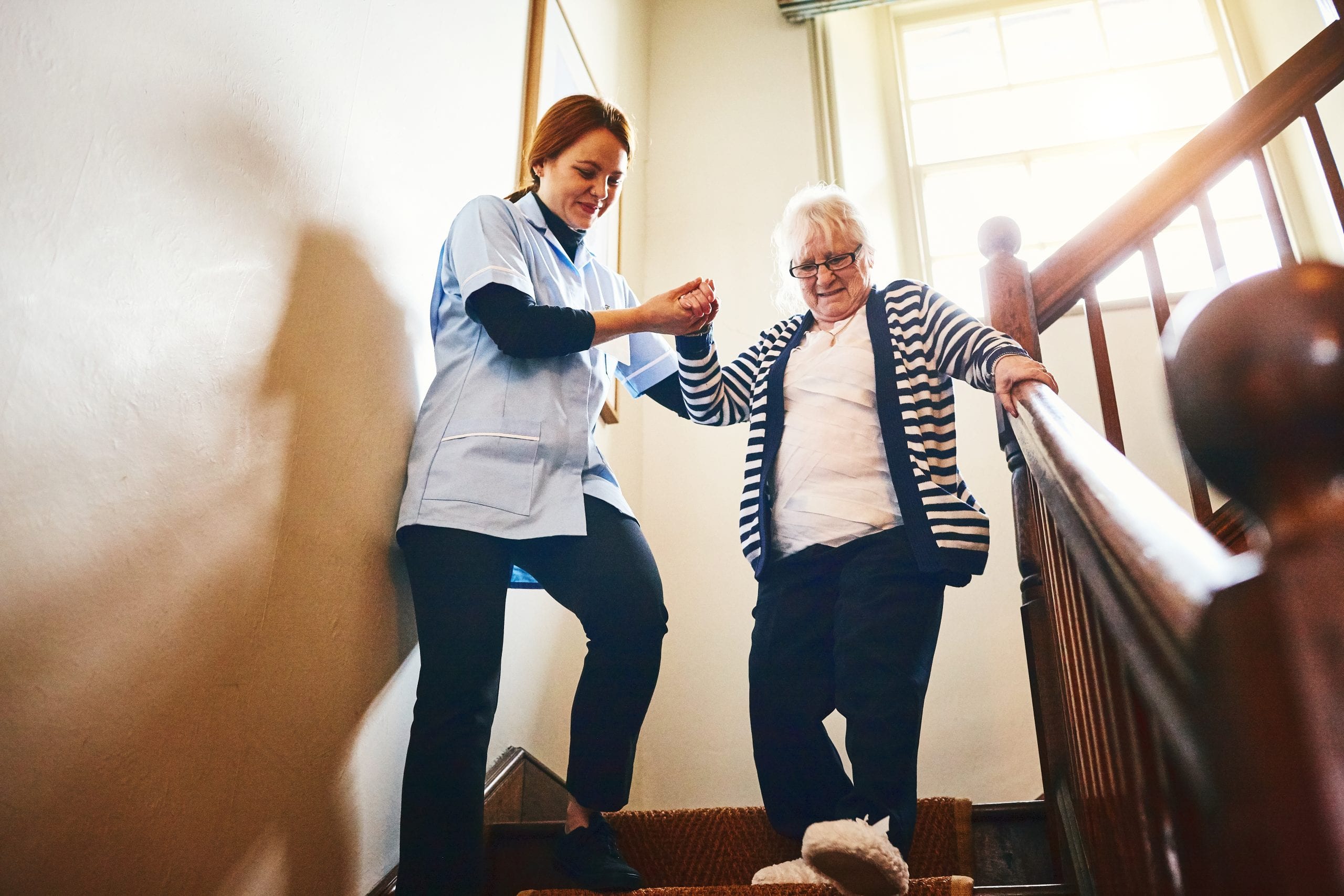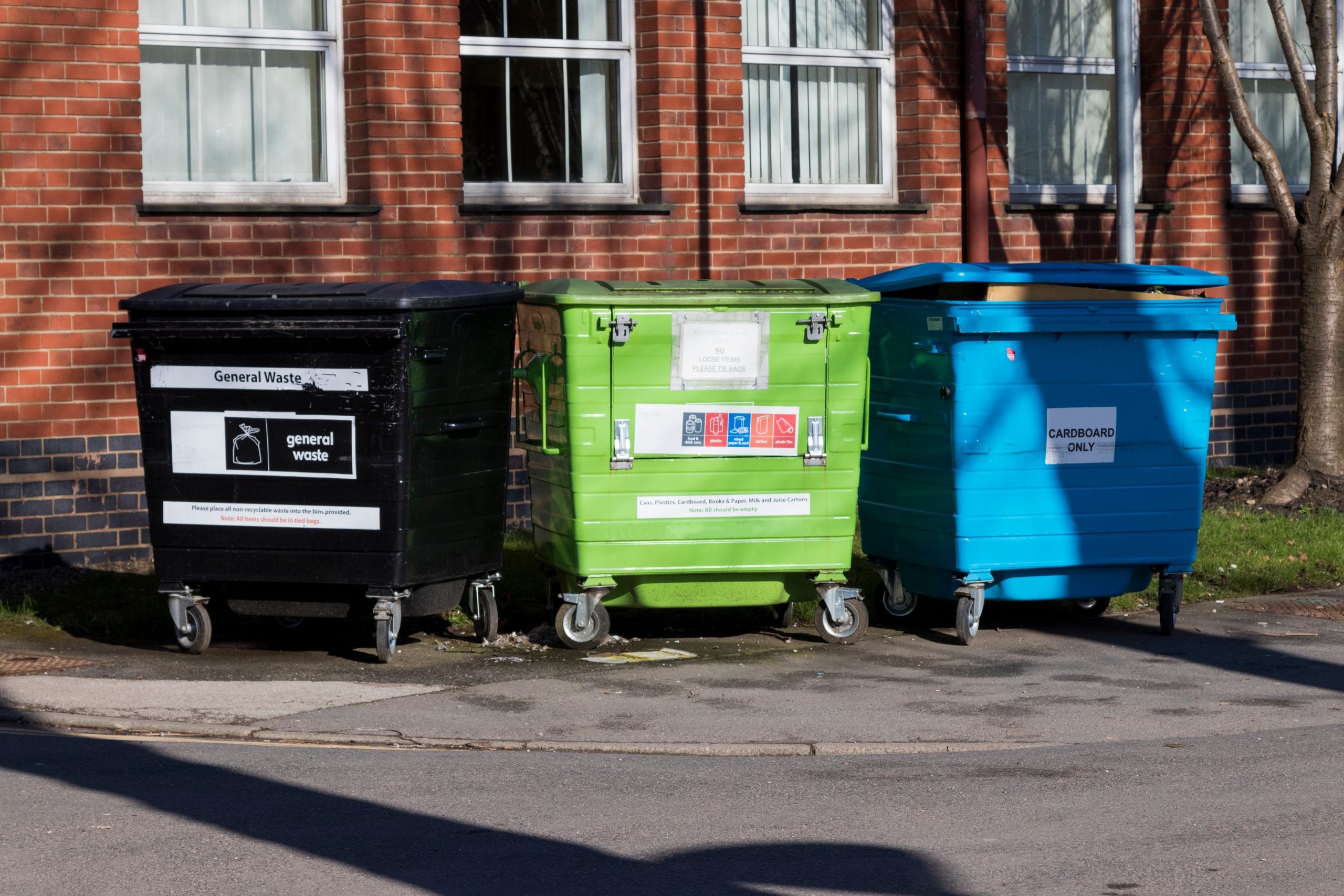iESE Joins Project Little Boat in Coronavirus Fight
Not-for-profit public sector consultancy iESE has joined forces with Project Little Boat, an innovative scheme implementing a suite of solutions to help fight Coronavirus.
Dr Andrew Larner, Chief Executive at iESE, is on the project board of the new not-for-profit group which aims to co-ordinate and utilise the innovation and flexibility of the private sector to develop and implement solutions.
Project Little Boat’s name was inspired by The Little Ships of Dunkirk during the Second World War – a fleet of 850 small privately-owned boats which sailed to Dunkirk to support the Navy’s mission to rescue more than 336,000 trapped soldiers. The goal of the initiative is to bring the little boats of those involved in the fight against Coronavirus together – those of charities, councils, small and large companies and Government – to create the ‘people’s fleet’.
There are several strands to Project Little Boat’s remit, including (but not limited to):
- Operation Coverall: PPE demand and supply
- Operation Sequel: Cleaning PPE for safe reuse
- Operation Falcon: Source and supply of antigen and antibody tests
- Operation Overarch: Linking laboratories, research and development expertise
- Operation Sixpence: Fundraising activities and philanthropic donations
iESE is involved with the PPE element and is calling on public sector organisations needing PPE, and those who can help with the supply of PPE, to get in touch.
Project Little Boat has rapidly built a supply chain with China, the only country in the world currently able to respond at scale. The initiative has already supplied other European countries, including Poland, but is now certified and approved by the UK Government for use too.
“Some authorities have imported PPE from China but it hasn’t met UK standards so they have had to send it back but they only have a relationship with one factory,” explained Dr Larner. “What we have is a relationship with the whole market in China and some in the UK too, meaning we can pick and choose the parts of the market where they have achieved quality standard production, not just certification.”
As well as taking advantage of Chinese manufacturing capabilities, Project Little Boat aims to establish sustainable solutions within the UK. Many suppliers here are already showing what is possible. One company iESE knows of for example, called Medworx, is now supplying in the region of 100,000 units of PPE per week having started this from scratch at the outbreak’s onset.
One of the founders of Project Little Boat, Steve Whatley, said: “The UK has great skills in manufacturing and trade. Project Little Boat was founded as a not-for-profit group to bring the skills of industry together to help fight against the coronavirus outbreak. We want to work with all types of organisations, from charities, councils, small and large companies and Government to create a real impact where it’s most needed, including providing access to PPE and testing.”
One iESE source has spoken about the huge increase in PPE spend, with one charity known to have spent £170,000 on PPE since the start of March, compared with a usual spend of around £10,000 to £12,000 per month. The biggest spend is believed to be on Type IIR Fluid Resistant Masks, the unit price of which has trebled, the source said.
The huge increase in spending could have devasting consequences for the care sector and NHS, with iESE and Project Little Boat calculating that the care sector (excluding the NHS) is currently spending between £400m and £500m per week on PPE.
One of the Project Little Boat operational areas named Project Sequel is looking at the disinfection of PPE to enable safe reuse. The project board behind the operation believes scaling up this capability in the UK could save in the region of £200m per week if the care sector joined en masse, halving the costs of PPE.
The initiative is now also able to supply a testing machine which can deliver the results in under one hour, a solution it believes could be potentially interesting for large educational establishments and other businesses, such as airports.
- To find out more about the supply of PPE contact iESE: https://iese.org.uk/the-six-biggest-public-sector-challenges/ppe/
- To find out more about Project Little Boat visit: https://www.project-little-boat.co.uk/

Please note you can unsubscribe at any time.






